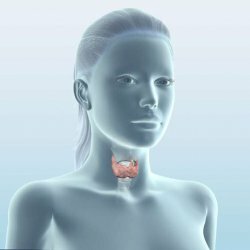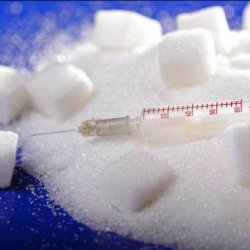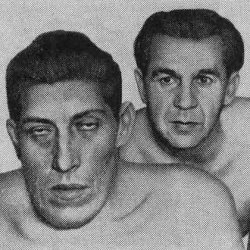Age-related changes in hormone production
I would like to dispel the concept that endocrinopathies in elderly men are limited to testosterone alone. Although hypoterosteronemia is the most common hormonal pathology associated with the aging process( see age-related androgen deficiency), the production of other hormones is also deeply disturbed by age-related changes. These hormones should also be given increased attention, since a change in their concentrations may be responsible for some manifestations previously associated solely with testosterone deficiency.
Contents of
- 1 DHEA and DHEA-C
- 2 Growth Hormone
- 3 Melatonin
- 4 Thyroxine
- 5 Leptin
- 6 In conclusion,
DHEA and DHEA-C
DHEA and DHEA-C are "weak" androgens, produced mostly in the adrenal glands. Decrease in the level of DHEA, as well as its DHEA-S sulfate, is rather a more characteristic sign of the elderly than hypogonadism. By the age of 50, in men, a decrease in DHEA levels by 30% is observed compared with the level of a hormone in the age of up to 30 years. It is widely believed that a decrease in DHEA levels affects the reduction of a sense of well-being and that exogenous replacement of a hormone leads to an improvement in the quality of life parameters. However, the study did not reveal any positive effect of DHEA replacement therapy compared with placebo.
Read "The role of adrenal androgens in the hormonal background of men."
Growth Hormone
The production of growth hormone to achieve puberty also decreases with age, by approximately 14% per decade. Since the production of circulating insulin-like growth factor-1( IGF-1) is controlled by the level of growth hormone, their decrease occurs simultaneously. These changes are associated with a decrease in muscle mass, bone density, hair thinning and manifestations of obesity - the symptoms described in hyponadal conditions. The purpose of growth hormone can reverse these changes and is more effective in eugonadic men( having a testosterone level of more than 12 nmol / L) of men than their peers with hypogonadism. The question of whether a possible clinical improvement after prescribing growth hormone outweigh undesirable side effects and justify financial costs, requires further research.
Melatonin
The secretion of melatonin by the pineal gland in response to hypoglycemia and darkness also decreases with age, regardless of these stimuli. The physiological role of the pineal gland is not fully understood, but it is known that it is involved in gonadal function and regulation of biorhythms. It is believed that the appointment of melatonin has a largely beneficial effect on sleep disorders, often observed in the elderly. As noted earlier, a severe degree of hypogonadism is associated with a disruption of melatonin production;Thus, the association of certain symptoms( a sleep disorder) solely with a deficiency of one or another hormone is questionable. A wide spectrum of direct and indirect effect of melatonin on many systems of the human body is revealed.
Thyroxine
With age, an increase in thyroid-stimulating hormone( TSH) in the blood serum and a decrease in thyroxine, although the level of TSH in elderly people suffering from hypothyroidism is lower than in young patients with the same disease. Hypothyroidism should be suspected if there are unexplained high cholesterol and creatine phosphokinase, severe constipation, congestive heart failure with cardiomyopathy, or macrocytic anemia. In elderly people, there may be an obvious or subclinical hypothyroidism. The diagnosis may not be clinically obvious, and only the biochemical support of clinical suspicions can confirm the diagnosis. Symptoms of hypothyroidism can mask the symptoms of hypogonadism.
Leptin
The production of corticosteroids( cortisol, cortisone, aldosterone) and estradiol in men does not change throughout life. In contrast, the production of leptin produced by adipocytes is disturbed by hypogonadism, which causes changes in the redistribution of adipose tissue in men with insufficient testosterone levels. The level of leptin can be reduced by the appointment of androgen replacement therapy, which, as a rule, leads to a reduction in the degree of obesity.
Conclusion
The determination of DHEA, DHEA-C, melatonin, growth hormone and IRP-1 levels is not indicated in the evaluation of uncomplicated age-related androgen deficiency. In special cases or for extensive clinical studies, the determination of the concentration of these and other hormones may be justified.
Source:
Dedov II, Kalinchenko S. Yu. "Age-related androgen deficiency in men".
Recommended for viewing:



